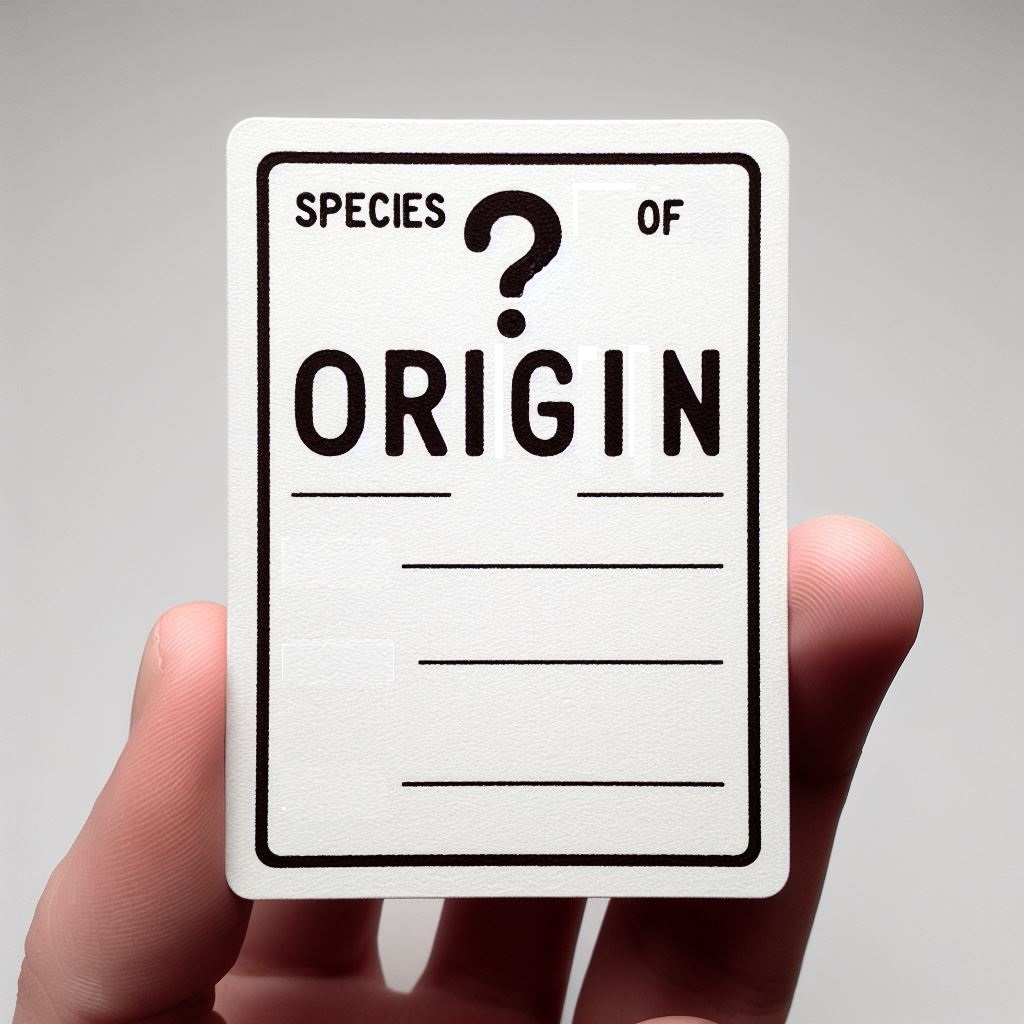Many countries, particularly ones with their own manufacturing capability or that are wary of products produced elsewhere, require products sold domestically to be marked with the country of origin.
Translation sellers have never had to fulfill that requirement and, in recent decades, the large translation brokers selling Japanese-to-English translation became power users of yet other translation brokers in China, where almost no translators have either Japanese or English as their native language. What could go wrong? Well, lots of things, but that is a topic for a different article.

Enter AI, and the problem of origin is escalated to one of whether a translation originated from a human or something else. Just as products of questionable origin have their origin laundered by having the product processed in some way in a respectable and trusted country, artificial translations can and do have their origins laundered by having members of our species process them to make them at least look usable. Translation purchasers and users should beware of such species of origin laundering.
There are good reasons why we do not use AI to translate.